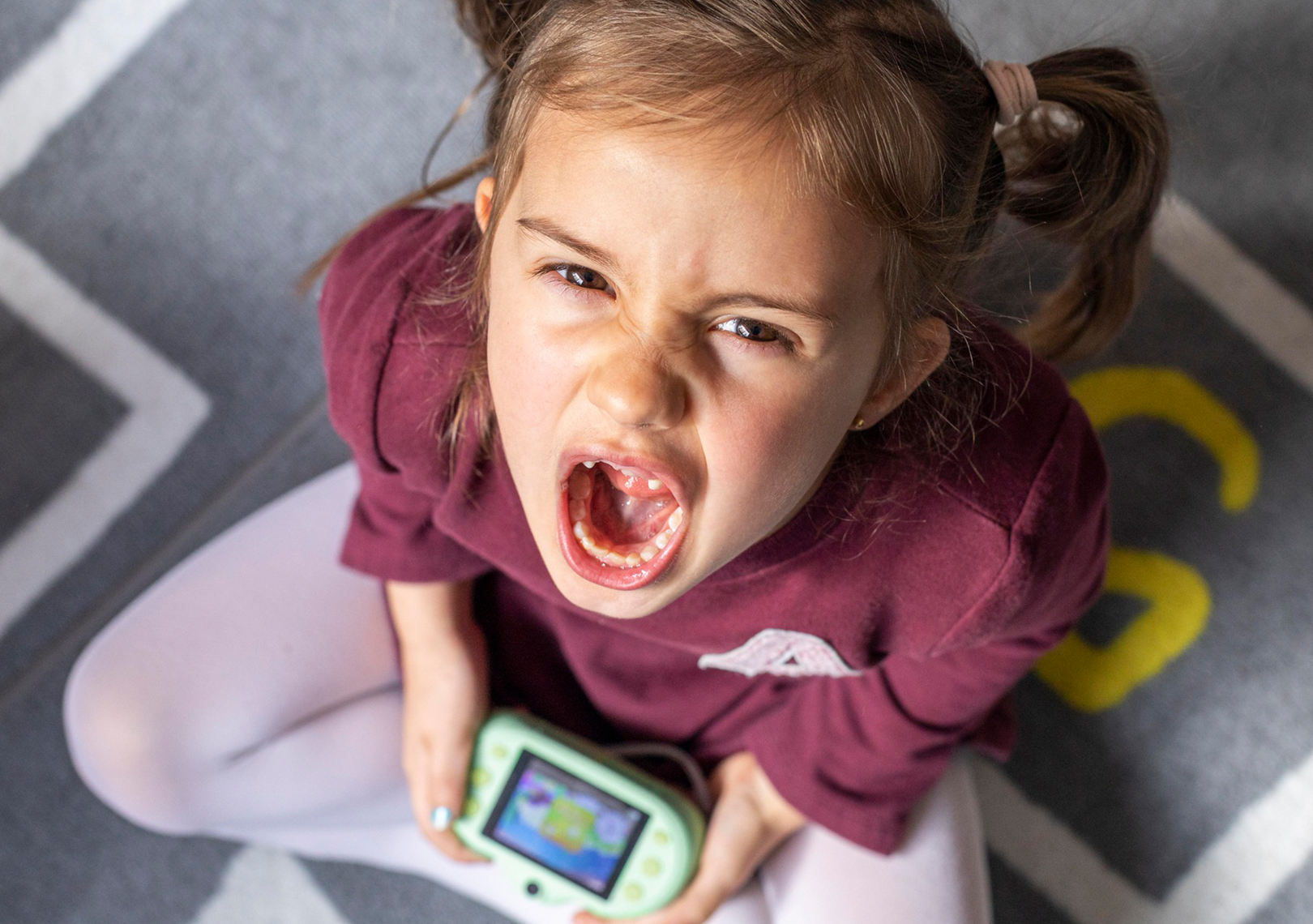
26 August 2025
Overstimulation in Children: When Too Many Holiday Activities Cause Stress
For many parents, holidays are a chance to offer their children unforgettable experiences: trips, outings, outdoor activities, cultural visits, summer camps, parties… But is all this excitement always a good thing?
In recent years, there's been growing talk about a phenomenon that affects many families during the summer: child overstimulation, or the overload of stimuli that can leave children tired, irritable, and even anxious — even during periods meant for rest.
What is overstimulation in children?
Overstimulation happens when a child is exposed to too many sensory, social, or emotional stimuli in a short period, without enough downtime to recover. This may include noise, screens, constant changes of environment, crowds, back-to-back activities, and a lack of calm moments.
Unlike adults, children’s brains are still developing and have a reduced ability to process intense or prolonged stimuli. When overwhelmed, they may become confused, exhausted, and exhibit changes in behavior.
Signs your child is overstimulated
During holidays, it’s easy to confuse excitement with exhaustion. That’s why it’s important to watch for subtle signs that vacation activities might be causing more stress than fun:
- Unexplained irritability
- Frequent meltdowns or tantrums
- Trouble sleeping or nightmares
- Increased sensitivity to sounds, lights, or crowds
- Lack of appetite or digestive issues
- Withdrawal or refusal to join activities
- Headaches or stomachaches with no physical cause
These are clear signs of child stress, showing the child’s body and mind need to slow down.
Why is summer so demanding?
During the school year, children follow a predictable routine with set times for sleeping, eating, playing, and studying. In summer, that structure often disappears. While freedom has many benefits, a total lack of routine combined with overstimulation can be dysregulating.
Social pressure (to "make the most of it"), packed family schedules, and intense screen time are all factors contributing to holiday fatigue.
How to help your child truly rest
The key is balance. Happy holidays don’t need to be packed every minute. To prevent overstimulation and ensure your child enjoys summer:
- Maintain a light routine with regular sleep, meal, and rest times
- Include quiet time and boredom — free play, reading, drawing, or simply being
- Limit screen time, especially before bed
- Respect your child’s limits, even if it means skipping some activities
- Offer time alone or with close family, away from large groups
- Encourage body awareness — “Are you tired?”, “Do you need a quiet moment?”
Conclusion: less can be more
Summer is a time to enjoy — but it can also (and should) be a time to slow down, breathe, and reconnect. Overstimulation in children is real, but it can be prevented with conscious choices that respect the rhythms of childhood.
💡 If you notice persistent signs of fatigue, irritability, or emotional imbalance, consider consulting a pediatrician or psychologist. With the Misericórdias Saúde Card, you can access specialists who support your child's physical and emotional well-being at any time of the year.

29 July 2025
antrums, Fears, and Childhood Anxiety: What's Normal and What’s Not?

15 July 2025
What Happens to Your Body When You Stop Drinking Soft Drinks for 30 Days?

18 November 2025
Skin care in cold weather: how to avoid dryness, redness, and premature aging.

